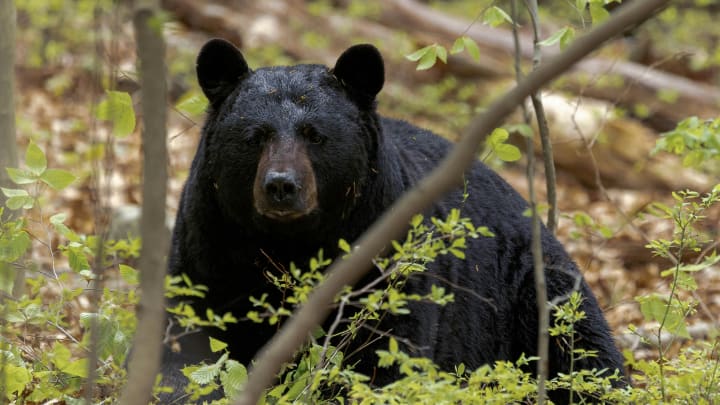3-Year-Old Viciously Attacked By Black Bear Near Yellowstone National Park

At approximately 10 p.m. on Sunday, August 11, a 3-year-old girl was attacked by a black bear while in a tent at a campground near Yellowstone National Park.
Professionals, including the Montana Fish, Wildlife and Parks game wardens and bear specialists, arrived on scene shortly after the attack and evacuated the campsite. The child was immediately transported to a hospital in Billings, a nearby city in Montana.
The black bear involved was a female with no known history of conflicts, but the bear likely became accustomed to humans and their food. As a result, the bear entered the campsite without hesitation. Surrounding the tent, officials found human food and garbage which likely attracted the bear.
Following the unfortunate incident, the FWP set traps and snares to catch the bear. Once caught in the afternoon of August 12, the animal was then euthanized.
There is no update on the 3-year-old's condition at this time.
As stated by the Montana Fish, Wildlife and Parks organization, "Montana is bear country. People should be prepared to encounter grizzly or black bears in Montana." It is not unheard of to encounter a black or grizzly bear. It is important to know the difference between the two, and to know how to respond to potential encounters.
Don't be fooled by the black bear's name as they can come in many colors, including black, brown, blonde, and cinnamon. They tend to be smaller in size than grizzly bears, but you should not rely on their coloring for identification. Grizzly bears are larger and are known for their humped shoulders and concave face.
Bear safety plays a major role in backcountry adventures. Visitors should plan to use bear canisters and keep food at least 100 - 200 feet away from your intended campsite. To easily locate your can in the dark, wrap reflective tape around the canister. Scented items such as toiletries, medications, and food all belong in a bear canister.
